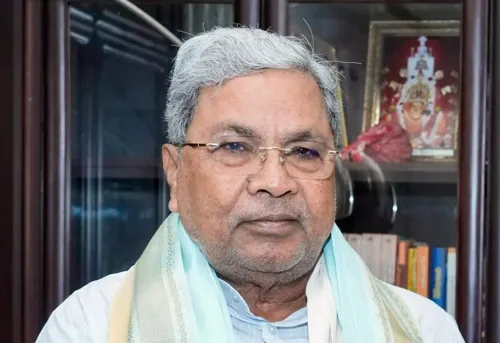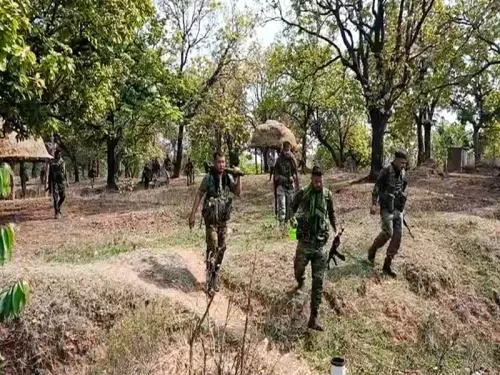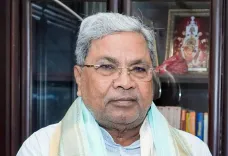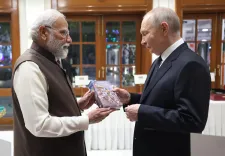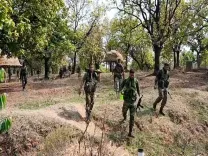Did the Indian Armed Forces Target Mosques During 'Operation Sindoor'?
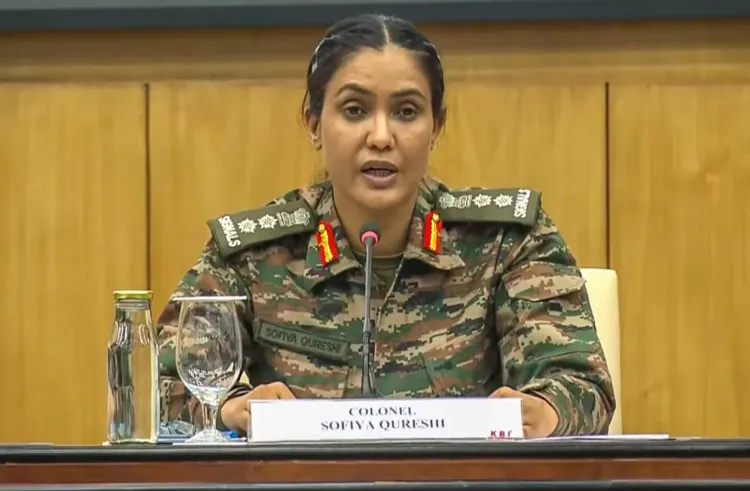
Synopsis
Key Takeaways
- No mosques were targeted during 'Operation Sindoor'.
- Indian armed forces maintain secular values in their operations.
- The ceasefire was agreed upon shortly after US intervention.
- Military actions focused solely on terror assets.
- Commitment to pluralism and respect for all faiths was emphasized.
New Delhi, May 10 (NationPress) The Indian armed forces uphold the Constitution’s secular principles, and in light of this, they refrained from targeting any mosque during ‘Operation Sindoor’, the Defence Ministry confirmed on Saturday, shortly after reaching a ceasefire agreement with Pakistan.
During a press conference, Commodore Raghu Nair, Colonel Sofiya Qureshi, and Wing Commander Vyomika Singh – representing the three branches of the armed forces – refuted the false claims made by Pakistani military officials regarding the targeting of mosques in their country during Operation Sindoor.
“I want to clarify that no mosque was harmed during the operation,” stated Colonel Qureshi, who is herself a Muslim, in a briefing that conveyed a significant message about the nation's pluralism and empowerment of women.
Wing Commander Vyomika Singh reiterated the armed forces' commitment to secularism, stating, “The military holds immense respect for places of worship of all religions.”
She emphasized that no religious site was affected during the operation, asserting, “Only terror assets were targeted, with no military or civilian infrastructure harmed.”
Furthermore, Wing Commander Singh noted that India operates under a Zero Tolerance policy while avoiding wider conflict escalation.
Minutes after US President Donald Trump declared a “full and immediate ceasefire” between India and Pakistan, the Ministry of External Affairs (MEA) announced that hostilities had ceased on land, air, and sea effective from 5 p.m. on Saturday.
“The Director General of Military Operations from Pakistan contacted his Indian counterpart at 1535 hours today, and it was agreed that both parties would halt all military actions effective from 1700 hours Indian Standard Time today,” Foreign Secretary Vikram Misri stated during a brief media session.
“Instructions have been issued on both sides to implement this agreement. The Directors General of Military Operations will reconvene on May 12 at 1200 hours,” the Foreign Secretary added.



